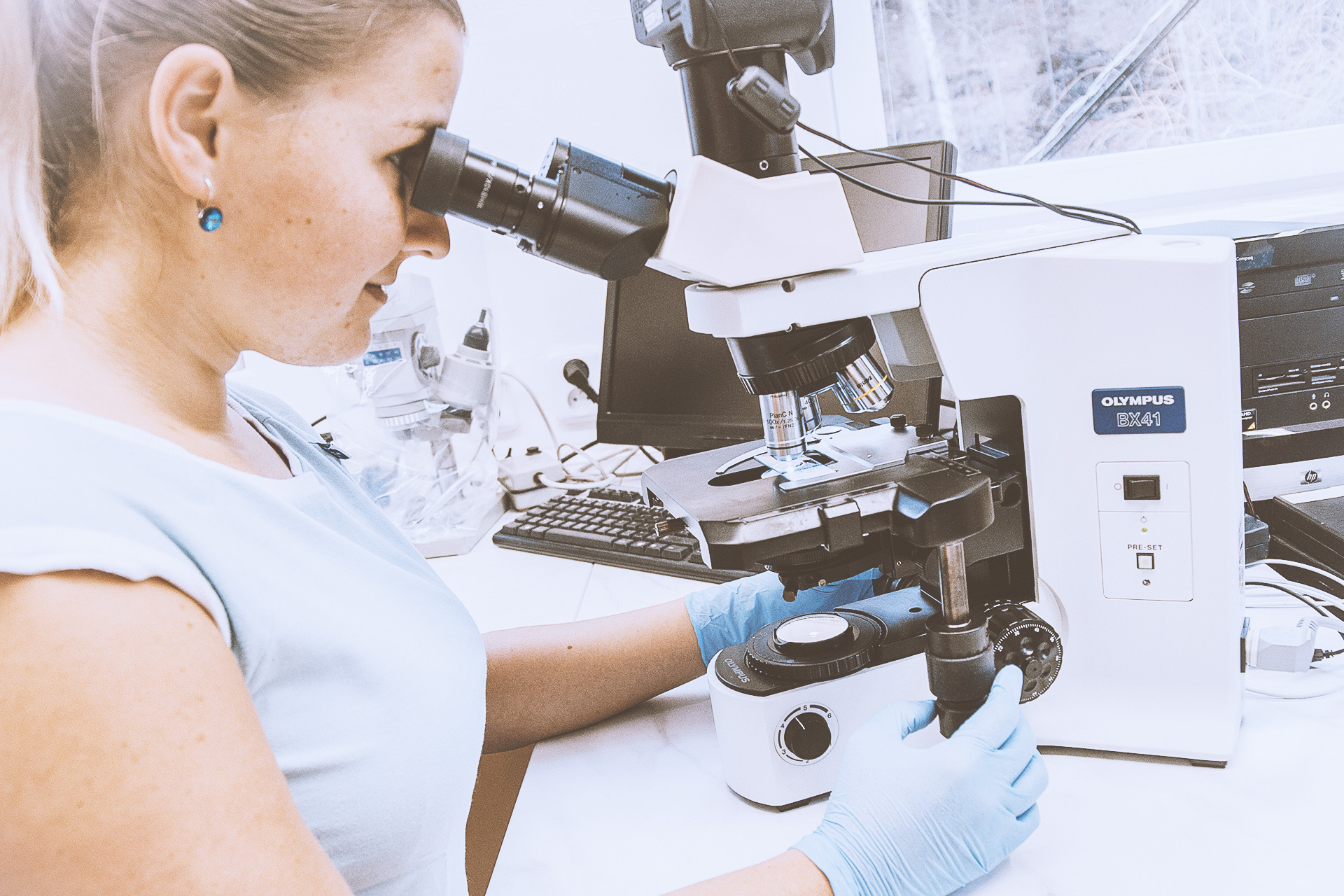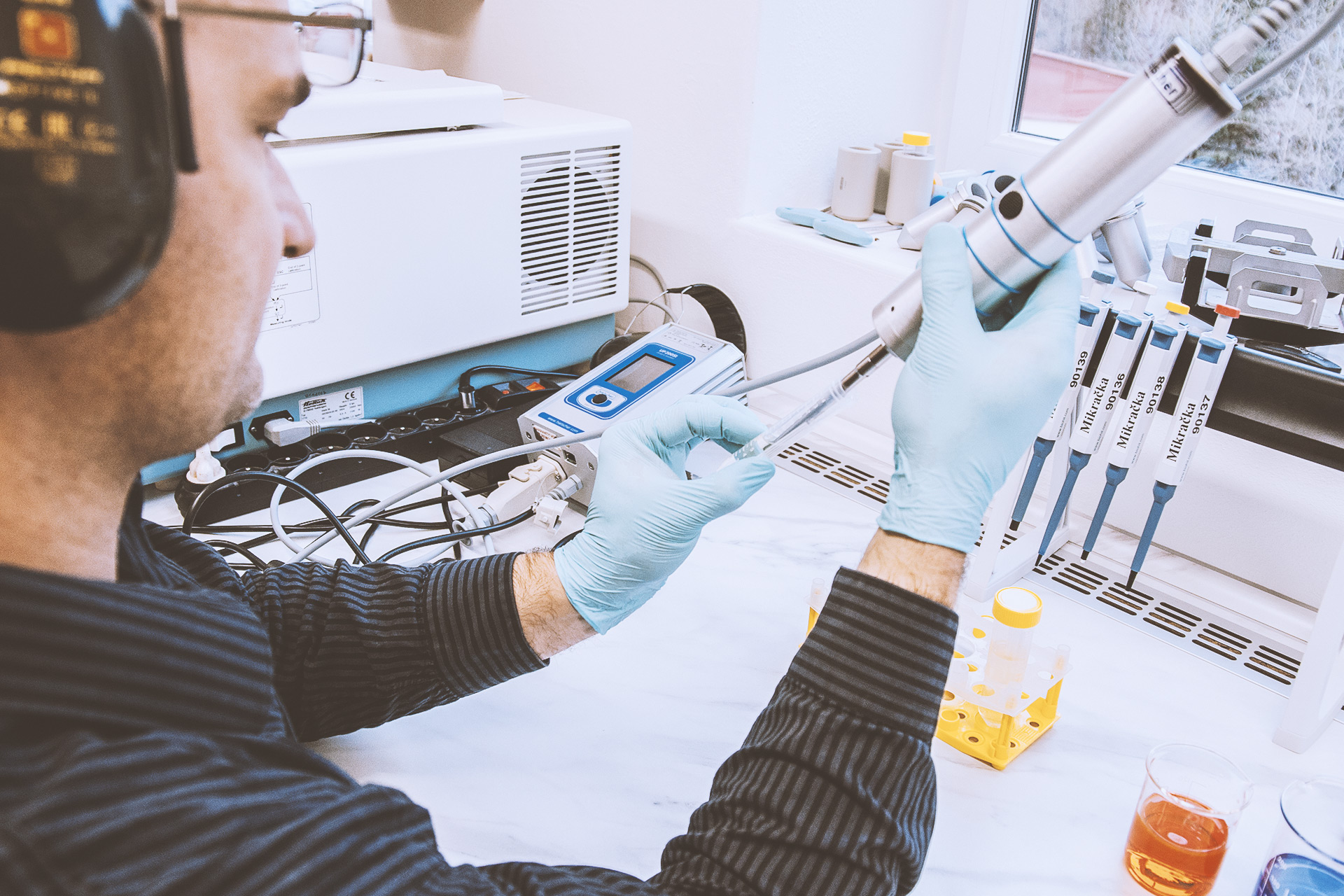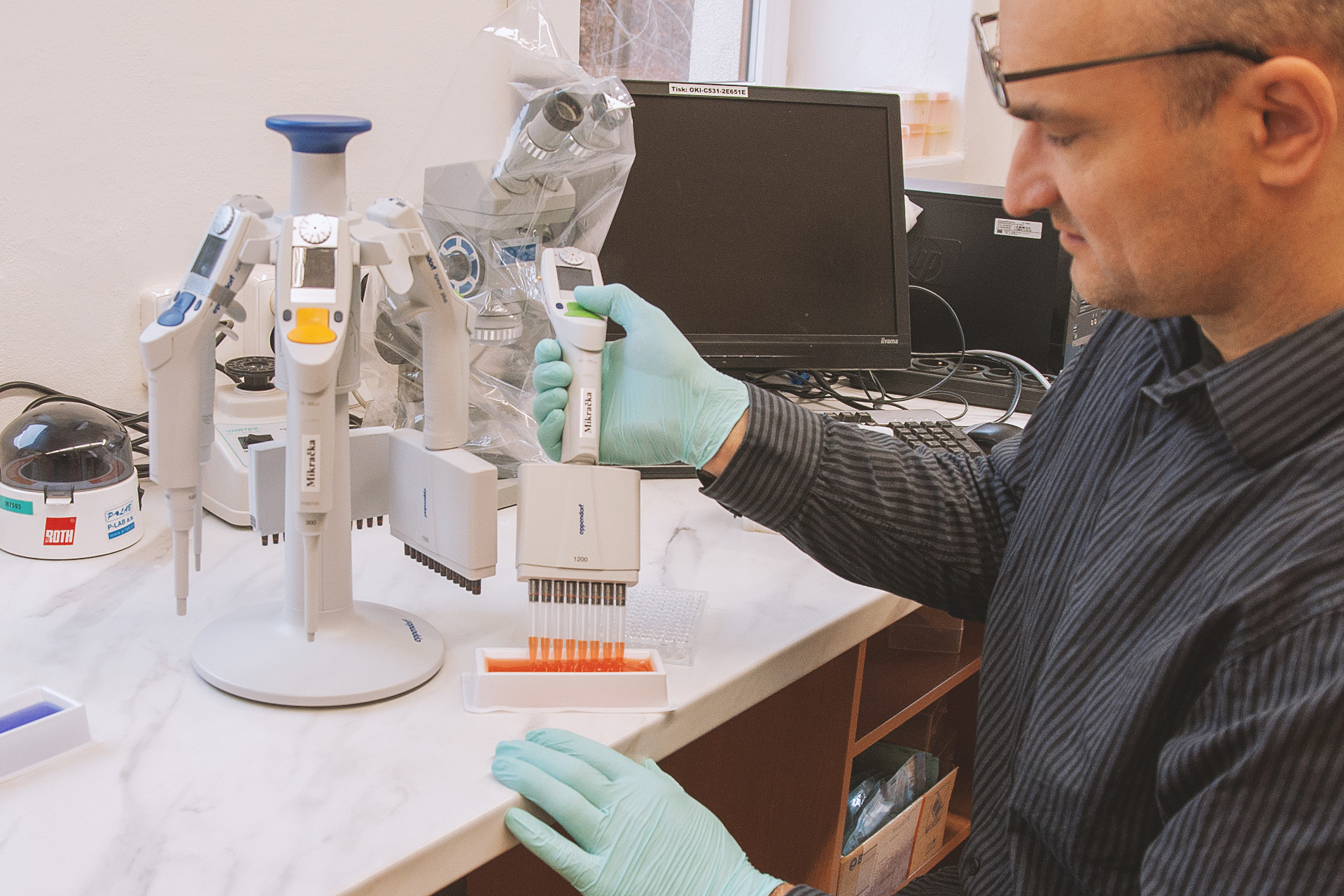Research
The worldwide incidence of many immune-mediated and metabolic diseases is steadily increasing. Gut microbiota plays a central role in the pathogenesis of these diseases as it mediates environmental changes to the intestinal immune system. Various environmental factors including diet, food additives, and medication also trigger the compositional and functional alterations of microbiota, that is dysbiosis, and this dysbiosis is closely associated with many chronic inflammatory diseases. However, the causal relationship remains unclear for the majority of these diseases.
The main aim of our research is to reveal which environmental factors induce gut microbiota dysbiosis and what are the consequences for human health. To address these issues, we exploit a unique model of genetically modified germ-free and gnotobiotic animals colonized with either single gut microbes or complex microbiota communities. The read-out assays commonly used in our projects include drug interaction analysis (food additives, antibiotics), metagenomic and metabolomic analysis of gut microbiome, assessment of intestinal permeability, histological scoring, immunophenotyping of host tissues, determination of cytokine and gene expression profiles, detection of serological parameters and others.
The utmost effort and energy are devoted to the research of pathogenetic mechanisms of autoimmune diseases including multiple sclerosis and Crohn's disease, and metabolic disorders including non-alcoholic fatty liver disease or diabetes mellitus type II. We speculate that the diet-altered gut microbiota plays an essential role in the induction of all these diseases.



